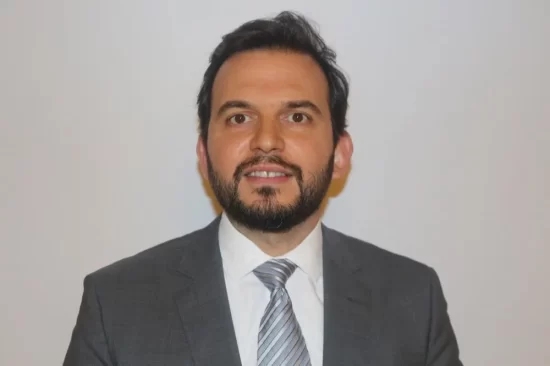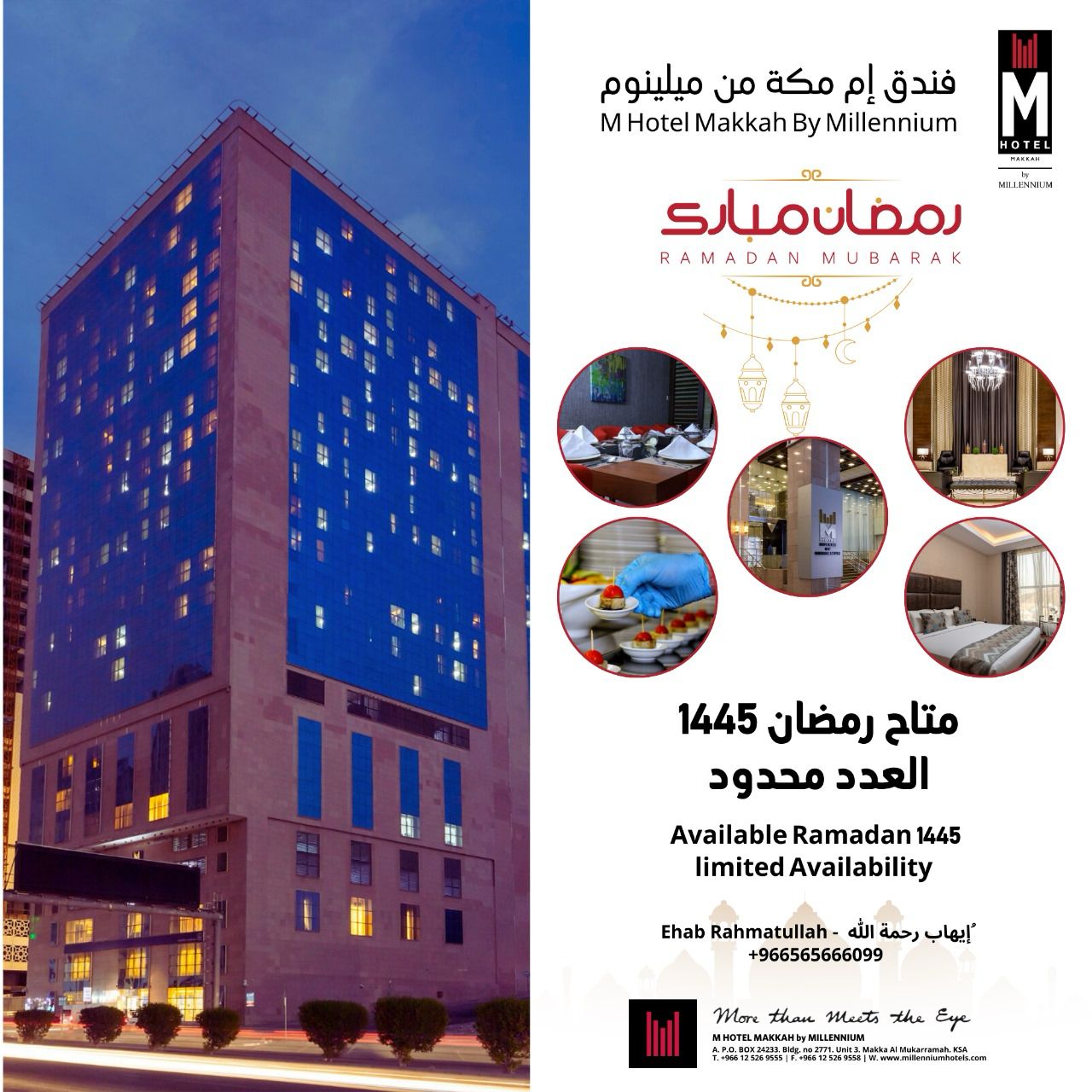{:en}
Six Key Takeaways from the discussion
- The pendulum is shifting from brick-and-mortar to digital. Educators, learners, and institutional partners are demanding better online experiences.
- Students want to take ownership over their learning and are developing more career-oriented & entrepreneurial mindset.
- Better user design, interactive digital content, and ways to assess students in online and blended environments to be the way forward.
- Increase in demand for soft and job-related skills and more emphasis on English language learning being seen by the industry.
- Increased preference for short courses or micro-grams and other affordable options from those looking to rejoin the workforce.
- Today’s educators should focus on critical thinking, project-based learning and encouraging peer-to-peer learning i.e., building a learning community.
The panel discussed some of the current challenges faced by education sector, possible solutions and future outlook for 2022 and beyond in a post-Covid-19 world
07 March 2022, Dubai, U.A.E — Pearson, the world’s leading learning company, recently organized an insightful panel discussion on the topic “Is Higher Education Changing?” as part of its first Higher Education Middle East & Africa Conference 2022. The theme for the event was “Growing Together”, as a part of Pearson’s commitment to bring the broader education ecosystem together and contribute towards shaping up the future of higher education in the region. It invited participation from some of the key industry leaders & prominent academic institutions including, University of Jeddah, Khalifa university, Mancosa university and MEF University.
Today, the global higher education sector has been momentously transformed as a consequence of the recent pandemic and rapid technological disruption across industries. A report by World Bank shows how MENA countries have responded resiliently towards this change by shifting to digital & with some universities in countries like KSA delivering over 7,000 virtual classes to appx. 1m learners during the lockdown. The demand for digital content and assessments is on a rise and govt. bodies are now looking at how the gap between education & employability can be bridged through upskilling, reskilling programmes, and aligning learning outcomes to the dynamic market needs. A survey conducted by PwC indicates that, 81% of CEOs in the Middle East term this skill gap as a major business threat, especially for a future where 5G connectivity, cloud computing, AI and more advanced technology will gain popularity. Against this backdrop, the panel discussion helped uncover some valuable insights around the outlook for 21st century higher education in a post-Covid-19 world.

Sharing his thoughts on the session, Majid Mneymneh, Vice President, Higher Education Middle East and Africa, said: “The next few years in higher education are poised to herald a tech revolution and major changes. We are now moving towards a world wherein learn-on-the-go models will become prominent, and a seamless integration of content, virtual platforms and immersive technologies will be required. At Pearson, we recognize our responsibility towards contributing to this evolving education ecosystem, which is why we are initiating these conversations with the relevant stakeholders in the education industry, to understand the demands and to build relevant partnerships, upgrade our offerings, introduce new-age courses, and work with the overall academic community to help learners prepare for the future job market. The insights discussed on the panel will help us understand the current needs of institutes, faculty, learners and accordingly come up with innovative solutions to create an outcome-based learning framework.”
The panellists comprising of Prof. Ramzi Al Saedi, Dean of College of Science University of Jeddah, KSA; Dr Asli Hassan, Director of the Center for Teaching and Learning, Khalifa University, UAE; Prof Zaheer Hamid, Director, Academic/Chief Academic Officer, Mancosa University, South Africa; and Prof. Dr Erhan Erkut, Vice Rector, MEF University, Turkey touched on many topics under the umbrella of how higher education is advancing. The panellists discussed the importance and need for flexibility that emerged over the last 2 years and the increased demand for easy access to more interactive digital content so that students can learn on-the-go. One-on-one online tutoring was found to be extremely popular as this meant that students could get individual attention anytime, anywhere. The discussion also covered the evidence of the necessity for a wide range of programs from full-time and part-time to micro-grams, boot camps, blended, and online learning. All panellists agreed that hybrid learning is undoubtedly the future of the education sector. In such a scenario, choosing the right partner is crucial to improve the landscape for students and faculty as they play at the intersection of offering digitally innovative, academic content and critical skills for employability. This can help education institutions, especially when it comes to customizing courses at an institutional level, to deliver a market-driven need.
Over the last two years, MENA’ economic recovery has been fast and primarily tech-driven, with digital nomads and entrepreneurs playing a pivotal role. Partnerships with institutions’ alumni and companies in the private and public sectors have proven essential to providing employment and semester-driven courses are slowly becoming obsolete with students looking to affordably acquire or improve market-driven skills in shorter time frames. Pearson as a learning company has been playing an integral role in providing the education community with quality content, courses & innovative platforms to navigate through this digital transformation.
About Pearson
At Pearson, our purpose is simple: to add life to a lifetime of learning. We believe that every learning opportunity is a chance for a personal breakthrough. That’s why our c.20,000 Pearson employees are committed to creating vibrant and enriching learning experiences designed for real-life impact. We are the world’s leading learning company, serving customers in nearly 200 countries with digital content, assessments, qualifications, and data. For us, learning isn’t just what we do. It’s who we are. Visit us at pearsonplc.com
{:}{:ar}أبرز ست نتائج ومُخرجات من المناقشة
- هناك تحول من المدارس التقليدية إلى نظام التعليم الرقمي. يطالب المعلمون والمتعلمون والشركاء بتجارب أفضل أونلاين.
- يرغب الطلاب في تولي مسؤولية تعلمهم، وقد تطوّرت لديهم عقلية وتوجهات عملية نحو الحياة المهنية وريادة الأعمال.
- الحاجة لمحتوى رقمي وتفاعلي مصمم بطريقة أفضل للمستخدمين، وطرق لتقييم الطلاب في بيئات التعليم المُدمج عبر الإنترنت من الآن فصاعداً.
- زيادة الطلب على المهارات اللينة والمهارات الوظيفية وزيادة التركيز على تعلم اللغة الإنجليزية.
- تفضيل متزايد للدورات القصيرة وشهادات النانو وغيرها من الخيارات ميسورة التكلفة من قِبل الأشخاص الذين يتطلعون إلى الانضمام إلى القوى العاملة.
- أهمية تركيز المعلمين اليوم على التفكير النقدي والتعلم القائم على المشاريع وتشجيع التعلم من نظير إلى نظير، أي بناء مجتمع تعليمي.
ناقشت اللجنة التحديات القائمة، الحلول الممكنة ومستقبل قطاع التعليم لعام 2022 وما وراءه في عالم ما بعد كوفيد-19
7 مارس 2022، دبي، الإمارات العربية المتحدة – نظمت بيرسون، شركة التعليم العالمية الرائدة، مؤخراً حلقة نقاش مهمة حول موضوع: “هل تغيّر التعليم العالي؟” كجزء من مؤتمر التعليم العالي الأول في الشرق الأوسط وأفريقيا لعام 2022 تحت عنوان “ننمو معاً”. تؤكد حلقة النقاش هذه التزام بيرسون بتعزيز المنظومة التعليمية على نطاق واسع والجمع بين القيادات التعليمية تحت مظلة واحدة للمساهمة في تشكيل مستقبل التعليم العالي في المنطقة. دعت بيرسون نخبة من أبرز المؤسسات الأكاديمية وقادة الفكر التعليمي للمشاركة في المؤتمر، بما في ذلك جامعة جدة، جامعة خليفة، جامعة مانكوسا في جنوب أفريقيا، وجامعة أم إي أف في تركيا.
يشهد قطاع التعليم العالي اليوم تغييرات كبيرة حول العالم نتيجة للوباء وتسارع الإحلال التكنولوجي عبر كافة الصناعات. يشير تقرير صدر عن البنك الدولي إلى مرونة وسرعة استجابة بلدان منطقة الشرق الأوسط وشمال أفريقيا لهذه التغييرات وذلك بالمسارعة لتبني التحول الرقمي، حيث قدّمت بعض الجامعات في دول مثل المملكة العربية السعودية أكثر من 7,000 فصل افتراضي إلى مليون متعلم تقريباً أثناء فترة الإغلاق. يواصل الطلب على المحتوى الرقمي والتقييم الإلكتروني في الارتفاع، وتبحث والهيئات الحكومية الآن عن الطرق المناسبة لسد الفجوة بين التعليم والتوظيف وذلك بتقديم برامج هادفة لتحسين المهارات وإعادة تشكيلها ومواءمة نتائج التعلم مع احتياجات السوق المُلحّة. وفقاً لاستبيان أجرته “برايس ووتر هاوس كوبرز” (PwC)، أشار 81٪ من الرؤساء التنفيذيين في الشرق الأوسط إلى هذه الفجوة في المهارات على أنها التهديد الرئيسي الذي تواجهه الأعمال، لا سيما في المستقبل حيث ستكتسب اتصالات الجيل الخامس والحوسبة السحابية والذكاء الاصطناعي والتكنولوجيا المتقدمة رواجاً وانتشاراً أكبر. ضمن هذا الإطار، قدّمت حلقة النقاش مجموعة من الأفكار القيمة حول مستقبل التعليم العالي في القرن الحادي والعشرين في عالم ما بعد كوفيد-19.

صرّح مجيد منيمنة، نائب رئيس التعليم العالي في الشرق الأوسط وأفريقيا، بيرسون، بآرائه حول الجلسة قائلاً: “تشير كافة الدلائل إلى وشك حدوث ثورة تكنولوجية وتغييرات كبيرة في التعليم العالي في غضون السنوات القليلة القادمة، حيث ستحتل نماذج التعلم المرن والقدرة على التعلم من أي مكان مكانة بارزة، مما سيتطلب السلاسة والتكامل بين محتوى المناهج والمنصات الافتراضية والتقنيات الغامرة. ندرك في بيرسون مسؤوليتنا للمساهمة في هذه المنظومة التعليمية المتطورة، ولهذا نظمنا هذه المحادثات القيمة مع نخبة من أبرز القيادات المعنية في صناعة التعليم، لاكتساب فهم أفضل حول المطالب وبناء الشراكات الهادفة، وتعزيز مستوى منتجاتنا، وتقديم دورات ومناهج تتناسب مع متطلبات العصر الجديد، والعمل مع المجتمع الأكاديمي الأوسع لمساعدة المتعلمين على الاستعداد لسوق العمل في المستقبل. ستساعدنا الأفكار التي ناقشتها اللجنة على فهم الاحتياجات الحالية للمعاهد وأعضاء هيئة التدريس والمتعلمين، وبالتالي التوصل إلى حلول مبتكرة لوضع إطار عمل تعليمي وفقاً لتلك النتائج.”
هذا وتجدر الإشارة إلى أن قائمة المشاركين في النقاش شملت: البروفيسور رمزي الصعيدي، عميد كلية العلوم بجامعة جدة، المملكة العربية السعودية؛ الدكتور أصلي حسن، مدير مركز التعليم والتعلم، جامعة خليفة، الإمارات العربية المتحدة؛ الأستاذ زهير حميد، مدير أكاديمي / كبير المسؤولين الأكاديميين، جامعة مانكوسا، جنوب أفريقيا؛ الأستاذ الدكتور إرهان إركوت، نائب رئيس جامعة أم إي أف، تركيا. تطرّقت اللجنة إلى العديد من الموضوعات تحت مظلة كيفية تقدم التعليم العالي. ناقشت اللجنة أهمية المرونة والحاجة إليها، وهو ما ظهر خلال العامين الماضيين، والطلب المتزايد على سهولة الوصول إلى المزيد من المحتوى الرقمي التفاعلي حتى يتمكن الطلاب من التعلم من أي مكان. وجدت اللجنة أن الدروس الخصوصية الفردية أونلاين قد اكتسبت رواجاً كبيراً لأنها تمكّن الطلبة من الحصول على الاهتمام الفردي في أي وقت وفي أي مكان. كما غطت المناقشة أيضاً الدليل على ضرورة إيجاد مجموعة واسعة من البرامج التعليمية – من الدوام الكامل، الدوام الجزئي، شهادات النانو، الدورات المكثفة، التعلم المختلط المُدمج والتعلم عبر الإنترنت. اتفق جميع المتحدثين على أن التعلم الهجين هو بلا شك مستقبل قطاع التعليم، حيث يعد اختيار الشريك المناسب أمراً بالغ الأهمية لتحسين التجربة التعليمية للطلاب وأعضاء هيئة التدريس والنجاح في تقديم المحتوى الأكاديمي الرقمي المبتكر والمهارات الأساسية للتوظيف. سيساعد هذا المؤسسات التعليمية، خاصة عندما يتعلق الأمر بتصميم دورات مناسبة للمستوى المؤسسي، لتلبية الحاجات القائمة على متطلبات السوق.
على مدار العامين الماضيين، شهدت منطقة الشرق الأوسط وشمال أفريقيا بوادر التعافي الاقتصادي السريع مدفوعاً بالتكنولوجيا في المقام الأول بفضل الدور المحوري للرواد الأعمال و “الرُحّل الرقميين”. أثبتت الشراكات مع خريجي المؤسسات والشركات في القطاعين العام والخاص أنها ضرورية لتوفير فرص العمل، بينما تشير المؤشرات إلى أن الدورات الدراسية التي تعتمد على الفصل الدراسي التقليدي قد عفى عليها الزمن، خاصة لدى الطلاب الذين يتطلعون إلى اكتساب أو تحسين المهارات المطلوبة في سوق العمل بتكلفة معقولة وفي إطار زمني أقصر. كشركة تعليمية رائدة، تلعب بيرسون دوراً رئيسياً في تزويد مجتمع التعليم بمحتوى ودورات ومنصات مبتكرة عالية الجودة للتنقل بسلاسة عبر هذا التحول الرقمي.
عن بيرسون
هدفنا في بيرسون بسيط: إضفاء الحياة إلى التعلم مدى الحياة. نؤمن في بيرسون أن كل فرصة للتعلّم هي فرصة لتحقيق قفزة نوعية وشخصية لكل متعلّم. لهذا، يلتزم موظفونا البالغ عددهم 20,000 موظفاً بتطوير وتقديم تجارب تعليمية حيوية وشيقة مصممة للتأثير على الحياة الواقعية. نحن الشركة التعليمية الرائدة في العالم، حيث نخدم عملاءنا في ما يقرب من 200 دولة وذلك بتقديم المحتوى الرقمي والتقييمات والمؤهلات والبيانات. بالنسبة لنا، التعلم ليس مجرد عمل نقوم به، بل هو صميمنا وجوهرنا. تفضلوا بزيارتنا على الموقع: https://plc.pearson.com/
{:}














